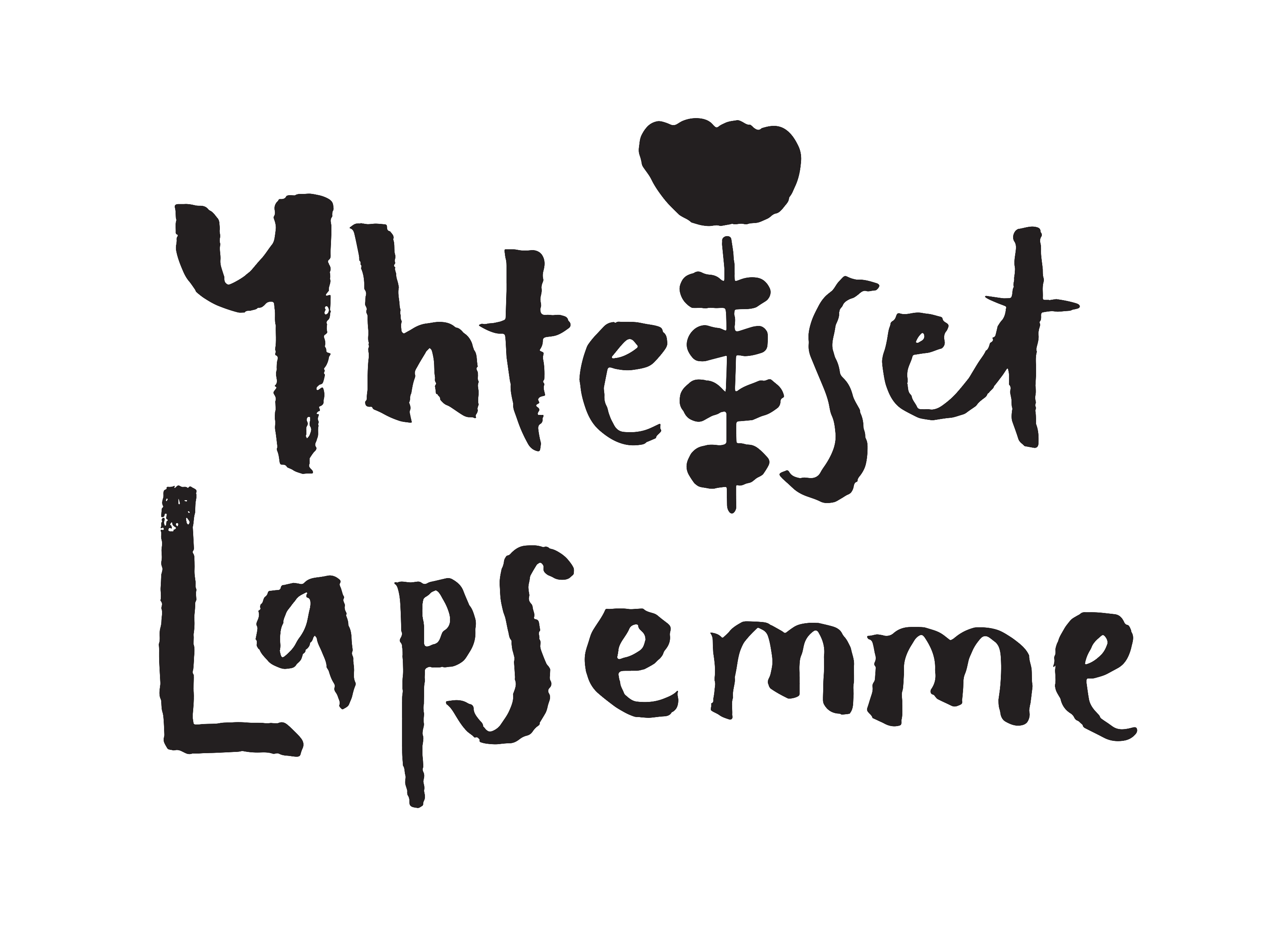 18/01/2024 - Ihmisoikeudet, Kehittyvä maailma, Lapsen oikeudet, Maahanmuutto, perheet, verkkolehti
18/01/2024 - Ihmisoikeudet, Kehittyvä maailma, Lapsen oikeudet, Maahanmuutto, perheet, verkkolehti
Yhteiset Lapsemme 4/2023: Children who are left behind
Written by Anne-Marie R.V.
Millions of children are left behind when one or both parents migrate in search of employment, further education, or a better life. The effect of this phenomenon on a child’s development, financial situation, opportunities, and general well-being may vary from negative to positive.
Who are left-behind children? As you might conclude, left-behind children is a term for underaged children whose parent or parents leave their countries of origin to emigrate abroad or within the country usually in search of better opportunities in life. Children left behind are then commonly taken care of by other family members, friends, or people in the community, and sometimes even left on their own. The period of time for which the parent leaves their child can range from a few months to several years. According to Zhu et al. (2023), majority of left-behind children reside in low- and middle-income countries of Asia, Latin America, Africa, and Eastern Europe, the phenomenon being most common in Asian countries.
Why do parents choose to migrate and leave their children behind in their home countries? For most cases, parents usually engage in labour migration. Circumstances that motivate parents to migrate often involve difficult employment situations in their home countries or low wages, giving them an incentive to seek better employment opportunities abroad. As explained in the Unicef Working paper, it is a hard decision for parents to choose to leave, yet they are often necessitated to do so with the chance they are given to improve their current situation and provide a better future for their children. The value of remittances, the money sent by foreigners back to their home countries, stood at more than 466 billion USD in 2017 – and a large part of this being spent on the education, healthcare, and general wellbeing of their children back home.
Moreover, challenging migration policies and many work permits not allowing labour migrants to bring their families with them further contribute to the likelihood of parents being forced to migrate without their children.
Outcomes for left-behind children
Left-behind children often understand the reason their parents leave abroad is due to the wish to provide them with a better future. However, this comprehension is highly affected by the child’s age at the time of their parent’s departure. According to a study in the Philippines, children who are left at a very young age may experience their parent’s departure as abandonment, manifesting clearer symptoms of anxiety and depression, compared to older children whose recognition of the family’s circumstances generate more mixed feelings of e.g., respect and acceptance with anger and resentment. Moreover, in a study conducted in Moldova, children left behind at a younger age than five were reported possessing a higher risk of psychological trauma.
‘’In 2022, more than 33% of children (6.97 million) residing in rural China are left-behind children. The Philippines is a typical country of international migration, with 27% left-behind children (8 million).’’
– Zhu et al., 2023, p. 1)
Other previous studies indicate that parental migration has a negative impact on the mental wellbeing of children left behind. Compared with other children in general, left behind children experience more loneliness and psychological and emotional stress, and a long-term separation in particular may lead to anxiety and depression, further resulting in maladjustment and behavioural problems among left-behind children.
Frequent contact with one’s parents can support left-behind children in experiencing healthy psychological development outcomes and possibly boost their psychological resilience – emigrated parents communicating with their children living in their home countries can decrease the negative psychological effects of parent-child separation. Yet, many children are incapable of communicating with their parents living abroad and long-term separation from parents is especially harmful.
‘’Poverty and lack of jobs is the real problem here; migration is just a consequence.”
– Hissor, Tajikistan, mother of an infant whose husband had migrated’’ (Unicef, n.d, p. 4)
Protection of family unity
Both the UN Convention on the Rights of the Child and the Aliens Act centre the best interest of the child as the main focus in decisions concerning the child. The UN Convention on the Rights of the Child further states that to the greatest extent possible, a child has the right to know and be taken care of by their parents. The European Convention on Human Rights in Right to family life advocates for children’s rights to be with their parents and their parents’ rights to have contact with their children.
In the case of labour migrants, the International Convention on the Protection of the Rights of All Migrant Workers and Members of Their Families accords with this in recognition of family being an elemental part of society with the right to be protected by the State which shall ensure ‘the protection of the unity of the families of migrant workers.‘
“I miss my mom who kiss me at night before I sleep. I can’t express my feelings to you when you are calling me through cell phone … I hope that someday we will be a happy family and I want to hug and kiss you this time. I miss you mom and I love you.”
– Sarah, a 16-years-old in the Philippines’’ (Unicef, n.d, p. 2)
According to the EU Directive on the right to family reunification, family reunification refers to maintaining a foreign national’s family unit through a family member’s entry into the state. The directive further promotes the obligation to safeguard the family, (family reunification being essential in order to enable family life.) However, no specific action to guarantee that left-behind children can travel and visit with their parents is mentioned in these international conventions and directives.
Amnesty International points out the government’s immigration policy being framed by structural racism, with the immigration policies in the new government’s programme being against human rights as a whole. As for migrants, the criteria for family reunification will further be restricted and made more difficult. Cases have also occurred as reported by YLE, where one parent has faced the threat of deportation back to their country on the basis of minimum salary requirement to provide for the needs of a family – this requirement being only exclusive to migrant families which not even all Finnish families are able to fulfil. Ultimately, is it truly in the ‘best interest of the child’ to be separated from their parents – perhaps already a second time – considering a child’s right to both parents and family life?
References
Aliens Act (301/2004). https://www.finlex.fi/en/laki/kaannokset/2004/en20040301.pdf
Amnesty International (2023, September 5). Amnestyn huomiot tiedonannosta yhdenvertaisuuden, tasa-arvon ja syrjimättömyyden edistämiseksi. https://www.amnesty.fi/amnestyn-huomiot-tiedonannosta-yhdenvertaisuuden-tasa-arvon-ja-syrjimattomyyden-edistamiseksi/?post_date=20230905151306
Convention on the Rights of the Child, opened for signature 20 November 1989, 1577 UNTS 3 (entered into force 2 September 1990) https://www.ohchr.org/en/instruments-mechanisms/instruments/convention-rights-child
Council Directive 2003/86/EC. Council Directive (EU) 2003/86/EC of 22 September 2003 on the right to family reunification. https://eur-lex.europa.eu/legal-content/en/ALL/?uri=celex%3A32003L0086
Ding, X., Liang, M., Song, Q., Su, W., Li, N., Liu, H., Wu, Y., Guo, X., Wang, H., Zhang, J., Qin, Q., Sun, L., Chen, M., & Sun, Y. (2022). Development of psychological resilience and associations with emotional and behavioral health among preschool left‑behind children. Social Psychiatry and Psychiatric Epidemiology 58: 467–476. https://doi.org/10.1007/s00127-022-02325-8
Fingerman, L.K., Berg, C., Smith, J., & Antonucci, T. C. (2010). Handbook of Life-Span Development. Springer Publishing Company.
International Convention on the Protection of the Rights of All Migrant Workers and Members of Their Families, opened for signature 18 December 1990, (entered into force 1 July 2003) https://www.ohchr.org/en/instruments-mechanisms/instruments/international-convention-protection-rights-all-migrant-workers
Laajapuro, N. (2023, June 21). Hallitusohjelma ihmisoikeuksien näkökulmasta heikko ja ristiriitainen. Amnesty International. https://www.amnesty.fi/amnesty-hallitusohjelma-ihmisoikeuksien-nakokulmasta-heikko-ja-ristiriitainen/
Liu, W., Wang, Y., Xia, L., Wang, W., Li, Y., & Liang, Y. (2023). Left-Behind Children’s Positive and Negative Social Adjustment: A qualitative Study in China. Behavioral Sciences 13(4), 341. https://doi.org/10.3390/bs13040341
Nguyen, D. B., & Nguyen, L. T. (2022). Mental health among left-behind children in Vietnam: Role of resilience. International Journal of Mental Health:1-16. https://doi.org/10.1080/00207411.2022.2098562
Svenska Yle (2023, August 31). Migri splittrar Roses familj – pappa och nioårig son hotas med utvisning: ”Jag kan inte äta och sova och har svårt att fokusera”. https://svenska.yle.fi/a/7-10040697?fbclid=IwAR2WfEBiRsUy9rM3VPE90dCUZnl-hyp9jNvTluZWuC8Ih2dJ98rypTanjeQ
The European Convention on Human Rights, opened for signature 4 November 1950. https://www.coe.int/en/web/impact-convention-human-rights/right-to-family-life
Unicef. (n.d.). Unicef Working Paper: Children ”Left Behind”. Retrieved, 11th September, 2023, from https://www.unicef.org/documents/children-left-behind
Valtolina, G. G., & Colombo, C. (2012). Psychological well-being, family relations, and developmental issues of children left behind. Psychological Reports: Relationships & Communications 111(3): 905-928. https://doi.org/10.2466/21.10.17.PR0.111.6.905-928
Zhu, Z., Wang, Y., & Pan, X. (2023). Health problems faced by left-behind children in low/middle-income countries. BMJ Glob Health (8)8: 1-4. http://dx.doi.org/10.1136/bmjgh-2023-013502
Yle News (2023, February 13). One parent is enough. https://yle.fi/a/74-20017404
Yle News (2023, February 14). Best interests of children ”not always” taken into account, Migri boss admits. https://yle.fi/a/74-20017823
Takaisin aihealueeseen: Ihmisoikeudet, Kehittyvä maailma, Lapsen oikeudet, Maahanmuutto, perheet, verkkolehti
